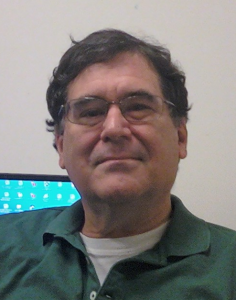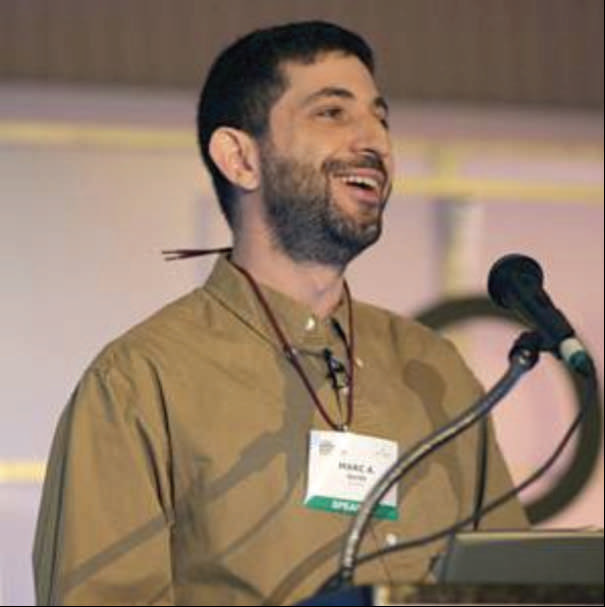 On Friday, October 7th, from 10:00-12:00p.m. Robert Ackland will be leading a workshop on Hyperlink Network Analysis in Frances Searle Room 1-459 on Northwestern University’s Evanston Campus.
On Friday, October 7th, from 10:00-12:00p.m. Robert Ackland will be leading a workshop on Hyperlink Network Analysis in Frances Searle Room 1-459 on Northwestern University’s Evanston Campus.
If you plan to attend, please email Marilyn Logan: mjlogan@northwestern.edu, by Thursday, September 29.
This presentation will involve a demonstration of hyperlink network analysis using two software packages: the VOSON System (a web-based application for hyperlink
network construction and analysis) and VOSON+NodeXL (a VOSON plugin to the NodeXL Excel 2007/2010 template for social media network analysis). Topics covered
include: creating a hyperlink network (identifying seed URLs, setting the webcrawler parameters); node preparation (methods for filtering and controlling the grouping of web pages); coding of node attributes; basic social network analysis metrics; network visualization; clustering; website content analysis. Participants wanting to use the software are requested to bring their laptops with Mozilla Firefox and VOSON+NodeXL installed, and must have (free) VOSON user account.
See http://voson.anu.edu.au and http://www.uberlink.com for information on the VOSON project and software. See http://nodexl.codeplex.com for information on NodeXL.
Robert Ackland is a Fellow at the Australian National University, where he conducts empirical social science research into online social and organizational networks. He leads the VOSON project http://voson.anu.edu.au, coordinates the ANU’s Master of Social Research programme and teaches on the social science of the Internet and online research methods. Robert has degrees in economics from the University of Melbourne, Yale University (where he was a Fulbright Scholar) and the ANU, where he gained his PhD in 2001.
For full details, view the flyer pdf.



 Visiting scholar Yuval Kalish will be presenting “Till Stress Do Us Part: Linking Communication networks, Stress and Voluntary Exit in Extreme Contexts” on Monday, August 29, 2011 10:30-11:30 a.m.
Visiting scholar Yuval Kalish will be presenting “Till Stress Do Us Part: Linking Communication networks, Stress and Voluntary Exit in Extreme Contexts” on Monday, August 29, 2011 10:30-11:30 a.m.


